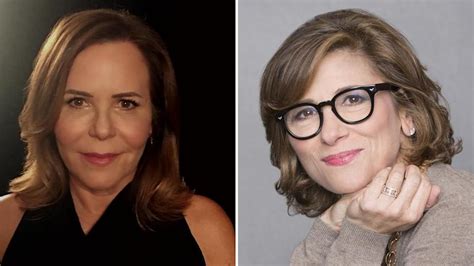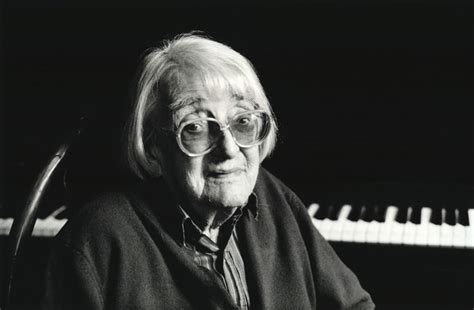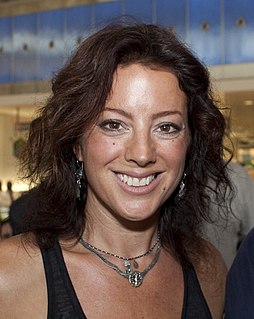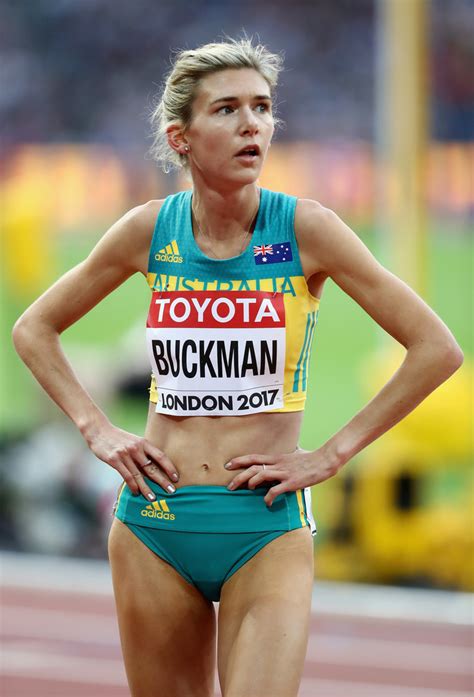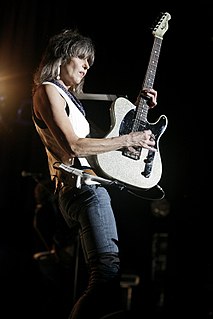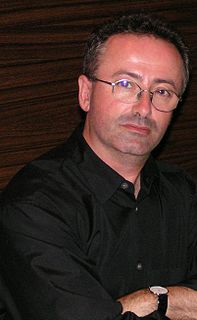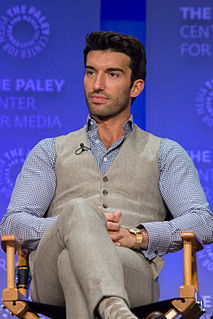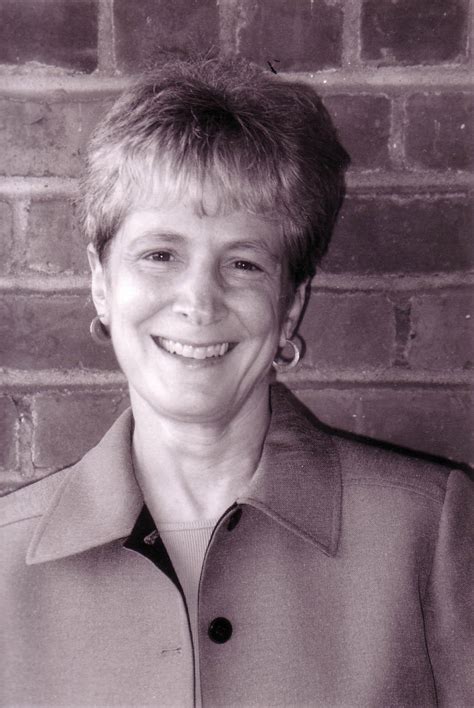A Quote by Nina Tassler
I'm a feminist.
Quote Topics
Related Quotes
A lot of women seem to have a similar attitude, - 'I'm not a feminist' - and it gets wearying. What's wrong with being a feminist? I'm proud to be a feminist. It's been one of the most positive things in my life. It's one of the best traditions there is. It's admirable to be a feminist and to stand up for one's sex, to fight against inequality and injustice and to work for a better society.
Naturally my stories are about women - I'm a woman. I don't know what the term is for men who write mostly about men. I'm not always sure what is meant by "feminist." In the beginning I used to say, well, of course I'm a feminist. But if it means that I follow a kind of feminist theory, or know anything about it, then I'm not. I think I'm a feminist as far as thinking that the experience of women is important. That is really the basis of feminism.
The word 'feminist' is a word that discriminates, and I'm not into that. I don't think there has to be a separation in life in anything. [...] Labels are for other people to understand us, so for me, I know how I feel and I don't need to call myself a 'feminist' or 'not a feminist' because I know what my truth is.
People ask me a lot, 'Well, can you be pro-life and be feminist? Can you be conservative and be feminist?' And I think that, yeah, maybe personally you can be those things. But I think if you're advocating for legislation, or if you're fighting to limit other women's rights, then you can't really call yourself a feminist.
You know, people ask me a lot, well, can you be pro-life and be feminist? Can you be conservative and be feminist? And I think that yeah, maybe personally you can be those things. But I think if you're advocating for legislation, or if you're fighting to limit other women's rights, then you can't really call yourself a feminist.
I think I was a feminist before the word was invented. By the time I came across feminist books by American or European writers, I realised that there was an articulate way or a language to express all these feelings that I had had for years and years and so I became a raging feminist as a young woman.
I believe I was raised with feminist values, but I don't think I ever heard my Mom call herself a feminist. Before I identified as a feminist myself, I thought of feminism as more of a historical term describing the women's movement in the '70s but didn't know much about what they had done and didn't think it applied to my life at all.
